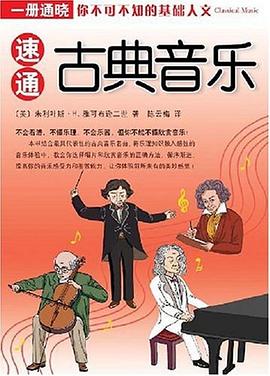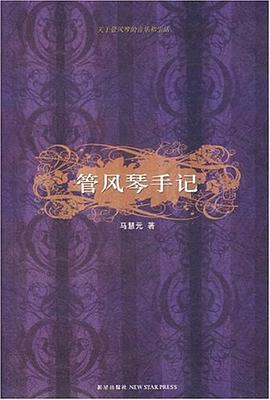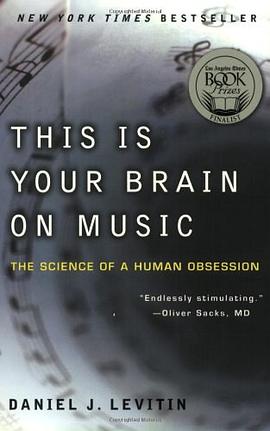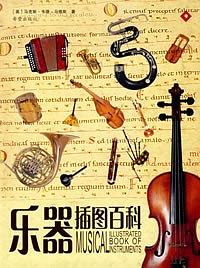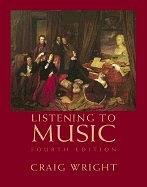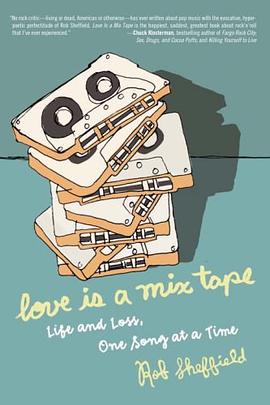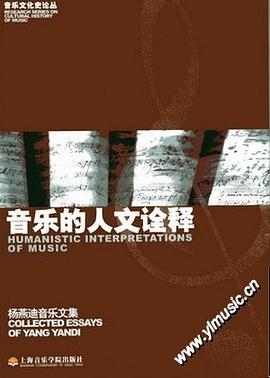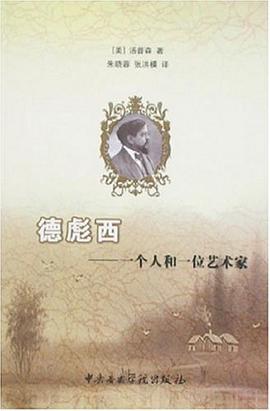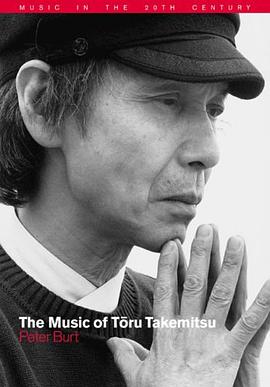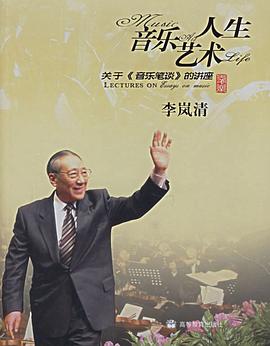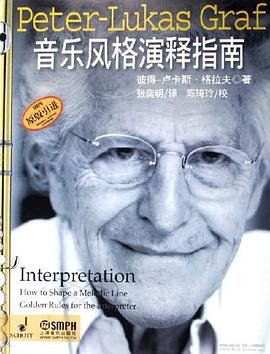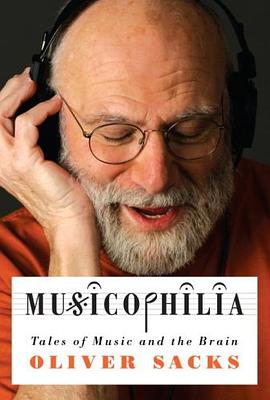

具體描述
Music can move us to the heights or depths of emotion. It can persuade us to buy something, or remind us of our first date. It can lift us out of depression when nothing else can. It can get us dancing to its beat. But the power of music goes much, much further. Indeed, music occupies more areas of our brain than language does—humans are a musical species.
Oliver Sacks’s compassionate, compelling tales of people struggling to adapt to different neurological conditions have fundamentally changed the way we think of our own brains, and of the human experience. In Musicophilia, he examines the powers of music through the individual experiences of patients, musicians, and everyday people—from a man who is struck by lightning and suddenly inspired to become a pianist at the age of forty-two, to an entire group of children with Williams syndrome, who are hypermusical from birth; from people with “amusia,” to whom a symphony sounds like the clattering of pots and pans, to a man whose memory spans only seven seconds—for everything but music.
Our exquisite sensitivity to music can sometimes go wrong: Sacks explores how catchy tunes can subject us to hours of mental replay, and how a surprising number of people acquire nonstop musical hallucinations that assault them night and day. Yet far more frequently, music goes right: Sacks describes how music can animate people with Parkinson’s disease who cannot otherwise move, give words to stroke patients who cannot otherwise speak, and calm and organize people whose memories are ravaged by Alzheimer’s or amnesia.
Music is irresistible, haunting, and unforgettable, and in Musicophilia, Oliver Sacks tells us why.
著者簡介
Oliver Wolf Sacks, CBE, was a British neurologist residing in the United States, who has written popular books about his patients, the most famous of which is Awakenings, which was adapted into a film of the same name starring Robin Williams and Robert De Niro.
Sacks was the youngest of four children born to a prosperous North London Jewish couple: Sam, a physician, and Elsie, a surgeon. When he was six years old, he and his brother were evacuated from London to escape The Blitz, retreating to a boarding school in the Midlands, where he remained until 1943. During his youth, he was a keen amateur chemist, as recalled in his memoir Uncle Tungsten. He also learned to share his parents' enthusiasm for medicine and entered The Queen's College, Oxford University in 1951, from which he received a Bachelor of Arts (BA) in physiology and biology in 1954. At the same institution, he went on to earn in 1958, a Master of Arts (MA) and an MB ChB in chemistry, thereby qualifying to practice medicine.
After converting his British qualifications to American recognition (i.e., an MD as opposed to MB ChB), Sacks moved to New York, where he has lived since 1965, and taken twice weekly therapy sessions since 1966.
Sacks began consulting at chronic care facility Beth Abraham Hospital (now Beth Abraham Health Service) in 1966. At Beth Abraham, Sacks worked with a group of survivors of the 1920s sleeping sickness, encephalitis lethargica, who had been unable to move on their own for decades. These patients and his treatment of them were the basis of Sacks' book Awakenings.
His work at Beth Abraham helped provide the foundation on which the Institute for Music and Neurologic Function (IMNF), where Sacks is currently an honorary medical advisor, is built. In 2000, IMNF honored Sacks, its founder, with its first Music Has Power Award. The IMNF again bestowed a Music Has Power Award on Sacks in 2006 to commemorate "his 40 years at Beth Abraham and honor his outstanding contributions in support of music therapy and the effect of music on the human brain and mind".
Sacks was formerly employed as a clinical professor of neurology at the Albert Einstein College of Medicine and at the New York University School of Medicine, serving the latter school for 42 years. On 1 July 2007, Columbia University College of Physicians and Surgeons appointed Sacks to a position as professor of clinical neurology and clinical psychiatry, at the same time opening to him a new position as "artist", which the university hoped will help interconnect disciplines such as medicine, law, and economics. Sacks was a consultant neurologist to the Little Sisters of the Poor, and maintained a practice in New York City.
Since 1996, Sacks was a member of The American Academy of Arts and Letters (Literature). In 1999, Sacks became a Fellow of the New York Academy of Sciences. Also in 1999, he became an Honorary Fellow at The Queen's College, Oxford. In 2002, he became Fellow of the American Academy of Arts and Sciences (Class IV—Humanities and Arts, Section 4—Literature).[38] and he was awarded the 2001 Lewis Thomas Prize by Rockefeller University. Sacks was awarded honorary doctorates from the College of Staten Island (1991), Tufts University (1991), New York Medical College (1991), Georgetown University (1992), Medical College of Pennsylvania (1992), Bard College (1992), Queen's University (Ontario) (2001), Gallaudet University (2005), University of Oxford (2005), Pontificia Universidad Católica del Perú (2006). He was appointed Commander of the Order of the British Empire (CBE) in the 2008 Birthday Honours. Asteroid 84928 Oliversacks, discovered in 2003 and 2 miles (3.2 km) in diameter, has been named in his honor.
圖書目錄
讀後感
【无机客】 1994年,美国纽约州的一位医生Tony Cicoria在户外电话亭里打电话时,遭到雷击,虽然他一下子就被击倒在地,最后竟然安然无恙,事后直接回到了家里。数月之后,医生稍许出现了记忆障碍,譬如记不起某种罕见病症的名称,后又渐渐好转。最奇怪的是,在事故发生十二年...
評分文/吴情 听见动感的音乐不住手舞足蹈,听见舒缓的音乐心胸随之开阔……多数人或许都有类似体验。人类,似乎天生便有对音乐的感受力。因此,有些学者主张将音乐教育纳入国民教育体系,也就不难理解了。不过,真的是每一个人都对音乐有一定感受力吗?如果不是,原因何在...
評分這本書的核心主題是探討音樂與神經醫學的戲劇性聯結,能將這領域寫得如此出色的,大概也只有Oliver Sacks 筆下所能始及的吧。 音樂世界的規則雖嚴謹,卻又抽象的無限寬廣,以致不知不覺便能滲入一個人的心靈,並激發出情感的共鳴。音樂的抽象藝術本質,與意識及腦神經的神秘性...
評分We probably do have an ingrained love or memory for music, different kinds of music for different people, of course. Music can sustain us, can wake us up from depression, memory loss, and other severe brain damages. The stories in the book are fantastic and...
評分读《脑袋里装了2000出歌剧的人》 作者:苏术 我身边并没有什么天才,更遑论音乐天才。 我喜欢看《最强大脑》,里面的人都有一个共同的特点,那就是记忆力超强。这种超强的记忆力不管是先天就有还是后天养成,都要经历一段长时间的培养,并达到自己在某一方面的超过常人的成就...
用戶評價
案例的堆積……
评分"What an odd thing it is to see an entire species playing with, listening to, meaningless tonal patterns..."
评分想起Aldous Huxley在Music at Night中講,After silence that which comes nearest to expressing the inexpressible is music。大概能像Oliver Sacks這樣,把inexpressible的東西勾勒得如此淋灕盡緻細膩動人的,幾乎也無神經科學傢能齣其右瞭吧。
评分男神的書,讀瞭一半瞭,總會驚喜到我。????????
评分想起Aldous Huxley在Music at Night中講,After silence that which comes nearest to expressing the inexpressible is music。大概能像Oliver Sacks這樣,把inexpressible的東西勾勒得如此淋灕盡緻細膩動人的,幾乎也無神經科學傢能齣其右瞭吧。
相關圖書
本站所有內容均為互聯網搜索引擎提供的公開搜索信息,本站不存儲任何數據與內容,任何內容與數據均與本站無關,如有需要請聯繫相關搜索引擎包括但不限於百度,google,bing,sogou 等
© 2025 book.quotespace.org All Rights Reserved. 小美書屋 版权所有

